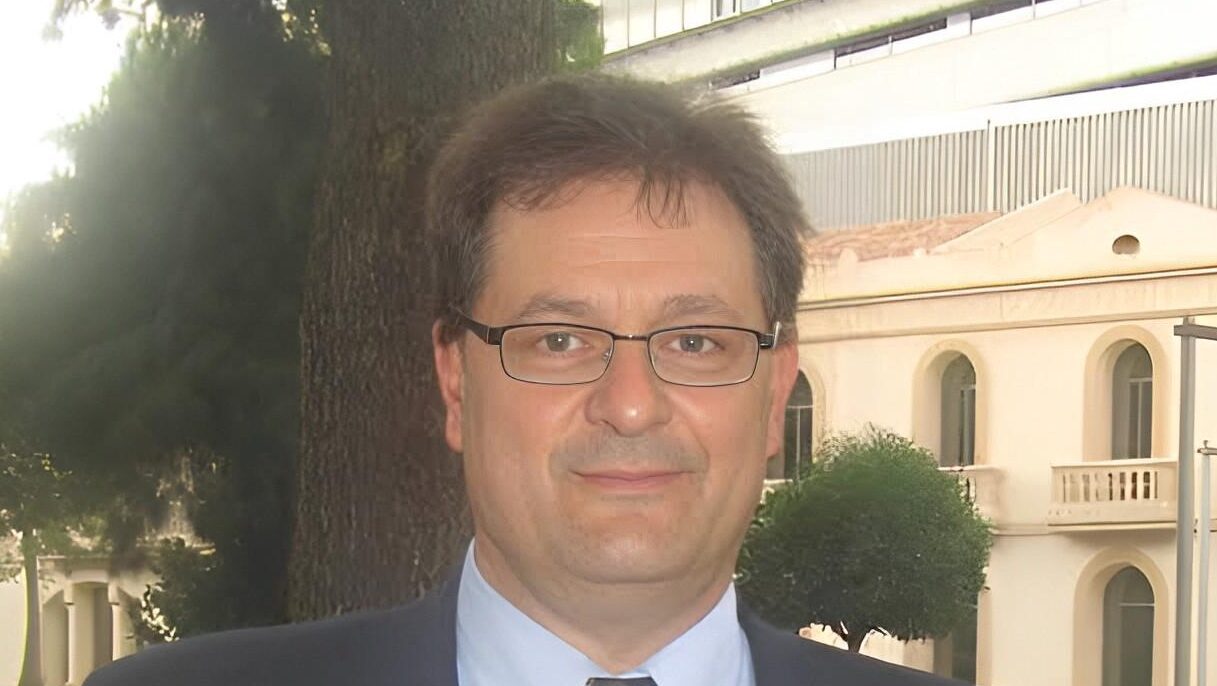Miguel Bronchud, Co-Founder and Advisory Board at Regenerative Medicine Solutions, shared on LinkedIn:
“Gastro esophagus cancers are tough ones – they are often diagnosed late, and are associated with difficult swallowing, non specific pain in the mid chest.
Not unusually they are misdiagnosed at first with dyspeptic gastrointestinal problems, reflux or ulcers related to stress or excessive smoking or alcohol drinking. In the United States, it is estimated that more than 22,000 people will be diagnosed with esophageal cancer this year.
Approximately half of these cases will be diagnosed at a locally advanced stage. Traditional outcomes are not good- Cancers of the esophagus that are confined to the esophagus have a five-year survival rate of 43%. Regional: Cancers of the esophagus that have spread to lymph nodes in the area have a five-year survival rate of 23%.
Typically, these people get one of two treatments: chemotherapy followed by surgery and then more chemotherapy, or chemotherapy and radiation followed by surgery and no further treatment.
It’s been unclear, however, if one approach was more effective than the other.
In a recent German trial, people treated with chemotherapy both before and after surgery, known as perioperative chemotherapy – or neo adjuvant chemotherapy and after surgery adjuvant chemotherapy and radiation- lived considerably longer than those who received chemotherapy and radiation both before surgery – known as neoadjuvant combined treatment.
Based on this large German based large study’s findings, perioperative chemotherapy should be the recommended approach for people with locally advanced esophageal cancer, said Jens Hoeppner, M.D., of the University of Bielefeld in Germany, who led the study. Dr. Hoeppner presented the findings at the 2024 American Society of Clinical Oncology (ASCO) Annual Meeting in Chicago on June 2.
“The results have been long awaited among those who treat esophageal cancer,” said Karyn A. Goodman, M.D., of the Icahn School of Medicine at Mount Sinai in New York, who discussed the results during the meeting but was not involved in the study.
Dr. Goodman also noted, however, that the treatment landscape for esophageal cancer is rapidly evolving. Although it’s important to have some resolution to this particular debate, she said, newer treatments, including immunotherapies, are also now an option for people with locally advanced esophageal cancer.
It is not yet altogether clear what immunotherapies and which diagnostic tissue tumors markers to use for decision making.
In addition, researchers are also testing whether combining these regimens with other therapies can lead to even better outcomes for patients.
In other words, she stressed, how locally advanced esophageal cancer is treated is going to continue to evolve in the coming years. Esophageal cancer grows slowly and may grow for many years before the symptoms are felt. But in some cases the rate of growth and tumors progression can be rapid.
A rather unpleasant type of cancer and definitely requires some multi disciplinary team.”
Source: Miguel Bronchud/LinkedIn


